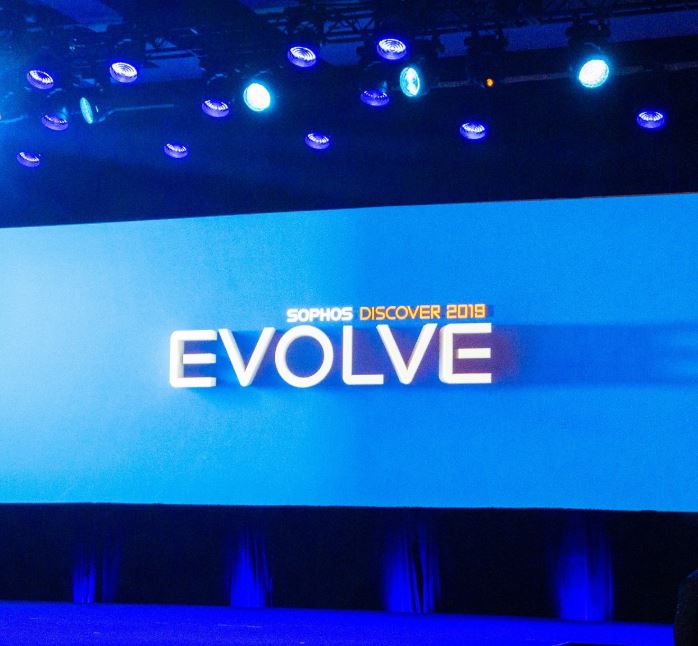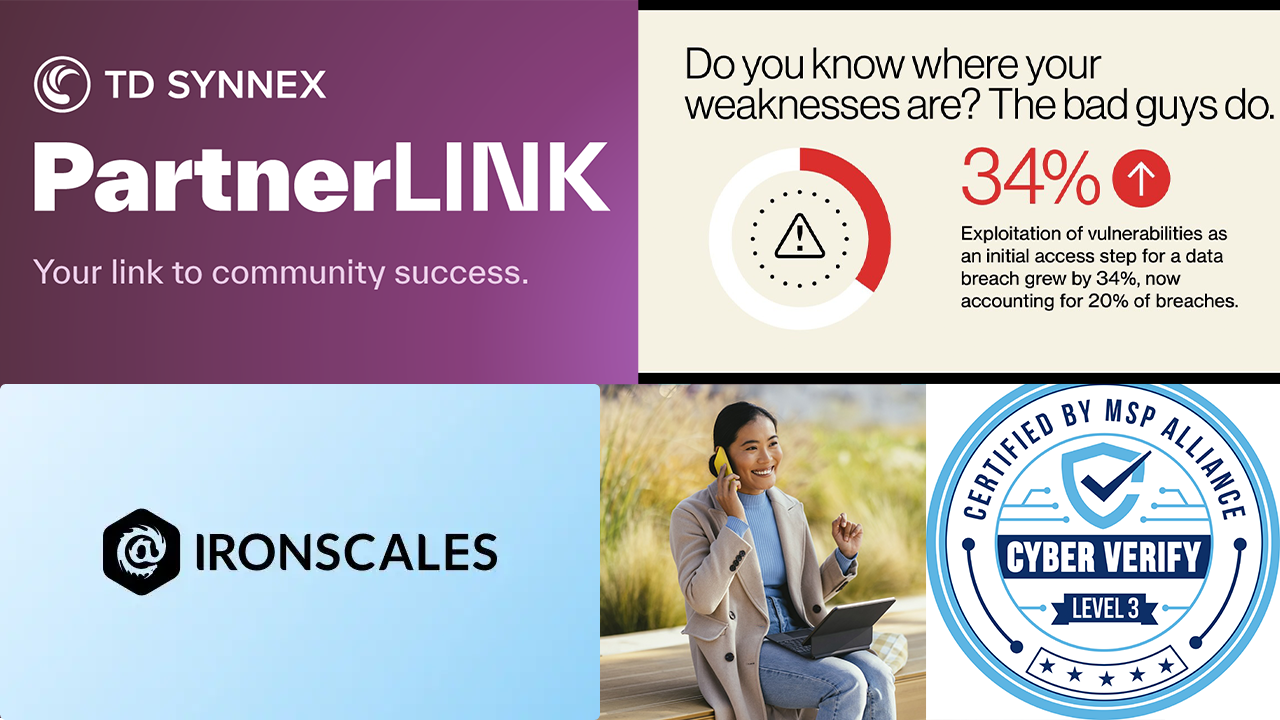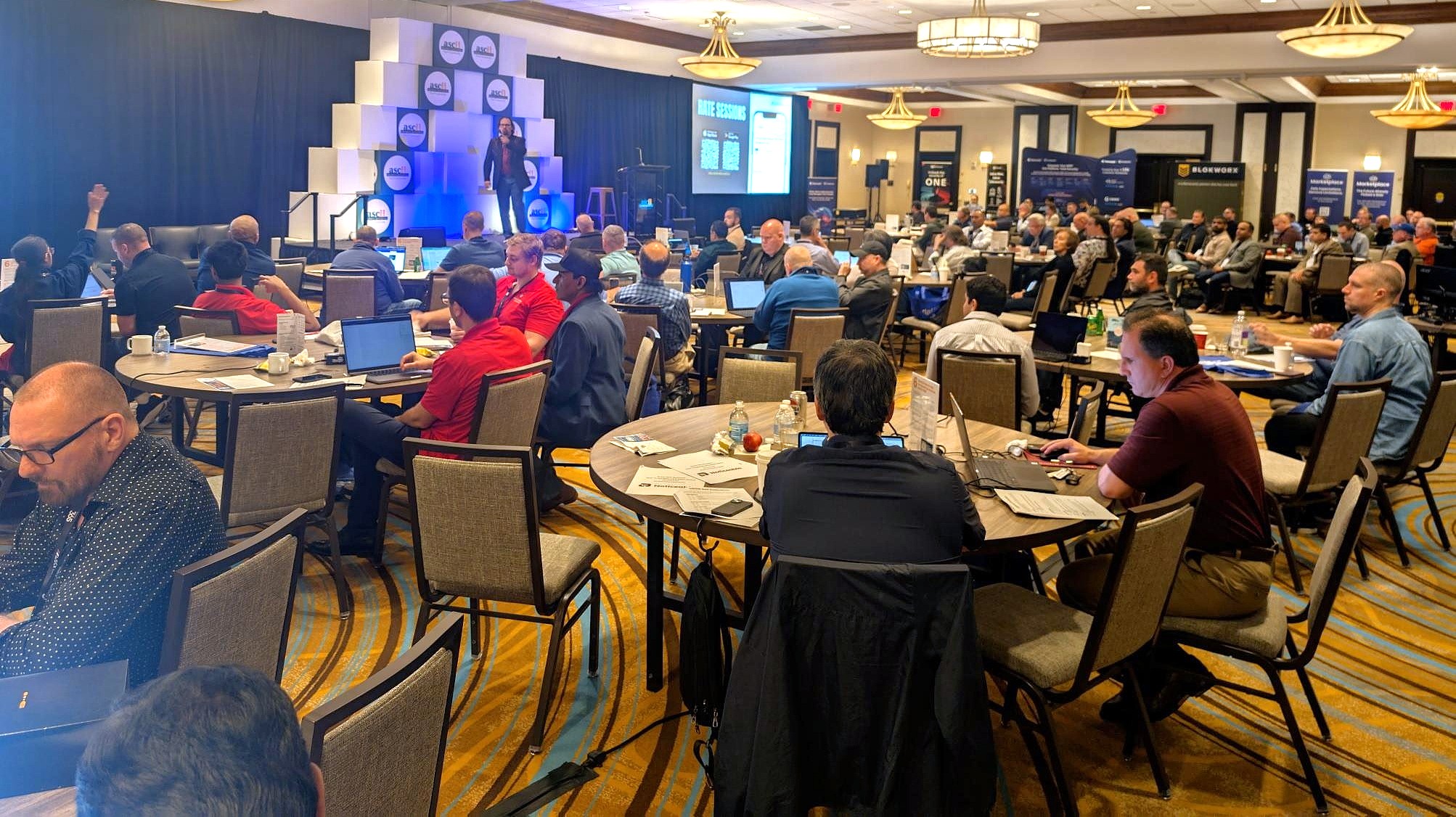Sophos plans to add new presales technical staff, a partner success team, and more channel account executives.
The security vendor outlined those and other forthcoming changes, many of which specifically target MSPs, in a conversation with ChannelPro shortly after its annual partner conference. That event, which drew some 650 attendees, took place in Las Vegas last week.
The presales technical team will provide personalized assistance with tasks requiring expertise some partners lack. Resources for responding to complex RFPs and performing site surveys for wireless networks are in place now, and support for additional functions will roll out over the course of 2019.
The partner success team, which will be responsible for helping partners resolve queries and complaints or find needed technical or marketing materials, will arrive at an unspecified date later this year.
Like their existing counterparts, the new Sophos channel account executives will help partners pursue sales opportunities. Some will focus specifically on assisting providers of cloud and managed IT services.
Other forthcoming additions to Sophos’s partner offerings target managed service providers too. Next month, for example, the vendor will add the endpoint detection and response add-on for its Intercept X security solution, which reached market last October, to the list of products supported by its MSP partner program. At that point, every product managed via the Sophos Central administration will be available for purchase through the same monthly subscription payments MSPs charge their clients.
Sophos will introduce new RMM and PSA integrations, including one with Datto Inc.’s Autotask PSA solution, this year as well. “There’s a few others that we’re working on behind the scenes that we hope to be able to announce very soon,” says Kendra Krause, vice president of global channels for Sophos.
According to Krause, all of the new offerings introduced at last month’s conference are designed to help traditional product-oriented resellers become service providers as well or instead.
“It’s very important for Sophos to do as much as we can to support partners in this transition,” she says.
The potential destinations for that transition can include consulting services, cloud services, and co-managed support services, Krause notes. “There’s no one right answer, and each business needs to really kind of dive in and determine what is best for them.”
That said, she continues, managed IT services are proving to be the most popular services option so far. “It’s our fastest-growing vertical,” she says. “It’s absolutely taking off from new partners coming in and existing partners growing their business.”
The switch into services is one of several ongoing transformations impacting the security market presently, and part of why Sophos chose to make “evolve” the theme of its partner conference this year. Threats, for example, are changing as well. “They’re getting more sophisticated, more dangerous, and more costly,” Krause notes.
The rise of cloud computing, meanwhile, makes it harder for partners to protect customers from those threats. “They’re moving data and servers and storage to the public cloud, and it’s really making it very difficult for organizations to monitor and maintain consistency across security policies for all of these online assets,” Krause observes.
Cloud Optix, the AI-powered security solution for online workloads that Sophos unveiled last month, is designed to help partners tackle that challenge. A variety of issues is likely to keep partners plenty busy just the same, according to Krause.
“As businesses get more and more mobile workforces, that’s another driver. People are looking at how to develop a zero-trust network. Compliance is a driver. IoT is a driver,” she says. “There’s just so many different factors these days that are making security more complicated or more scary for a lot of these businesses. They want to ensure that they get it right. It’s costly if they don’t.”














